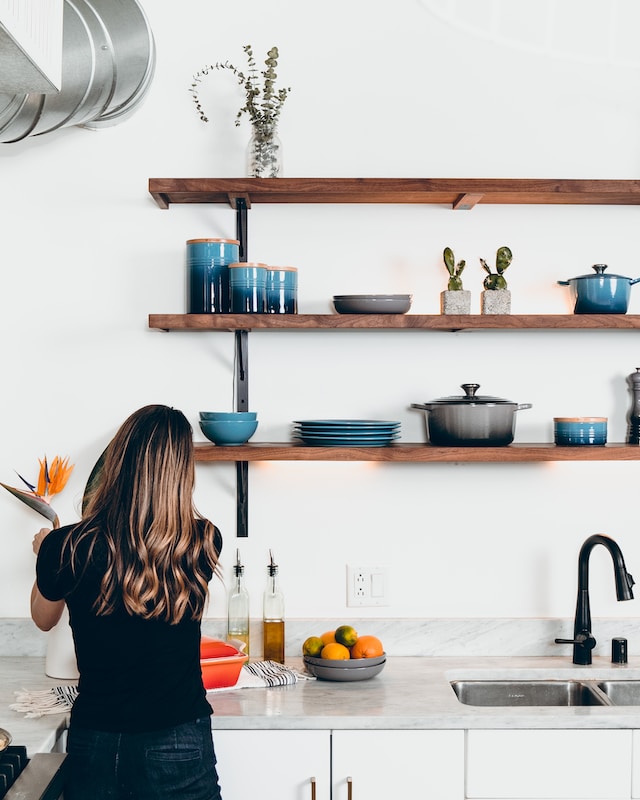For a long time, a new homeowner’s first purchase has likely been a starter home. A starter home means that the homeowner expects to live there a short time, sell once it appreciates, then buy a larger home. People generally live in starter homes between three and seven years. That trend is going away, though, for a few different reasons.
The largest contingent of homebuyers, and also first-time homebuyers, is currently Millennials, who are between 27 and 42 years old right now. This roughly corresponds to the 25 to 44 age range homebuyer contingent used by the National Association of Realtors (NAR). NAR discovered that among those in this contingent who bought a home last year, 40% planned to live in the home at least 16 years. Not only is this more than triple the average length of ownership of a first home, it’s also double the average length of homeownership overall. This value is 48% for the lowest age bracket, between 18 and 24 years old. For reference, Generation Z is currently between 11 and 26 years old.
The major reasons for this are economic. Interest rates have skyrocketed so high this year that those who have managed to find a home last year likely locked in a low interest rate. They’ll want to ride that rate as long as they can. Even those who weren’t able to find a low interest rate aren’t going to want to go through the hassle of finding a new home to purchase, as there simply aren’t very many homes available. Supply is lower than demand, and construction is still failing to meet demand, even as the construction rate inches back upward and demand has somewhat dropped off. They’re more likely to refinance once rates drop than look for a new home. Home prices are also a factor. Rising prices means needing to save up for longer, both before you buy your first home and while living there. There’s also a bit of a psychological factor here; if you need to wait a while to buy, you want it to be something worth the wait. There’s also another potential reason that economists may not notice at all, since it’s more cultural. Millennials are less likely than older generations to marry young or have children. This means they are also less likely to need a larger home. Their first purchase could look like a starter home, but it may actually be perfectly well suited to their long-term needs.
Photo by Dane Deaner on Unsplash
More: https://www.cnbc.com/2023/07/12/gen-z-and-millennial-homebuyers-arent-purchasing-starter-homes.html
